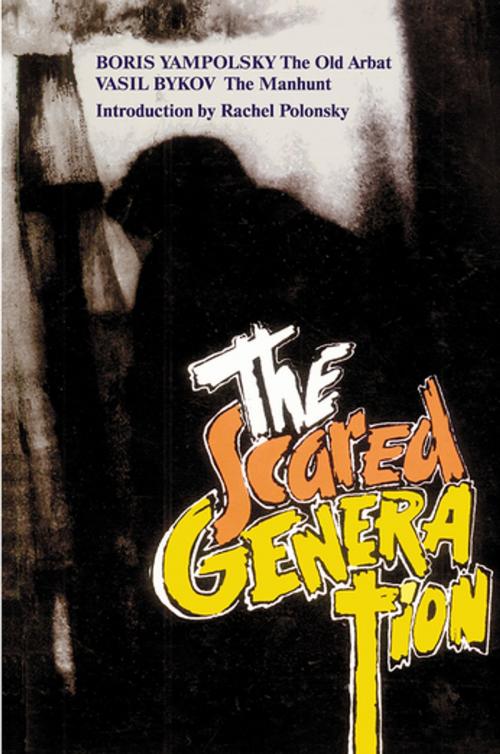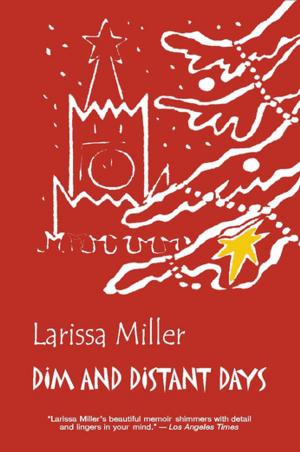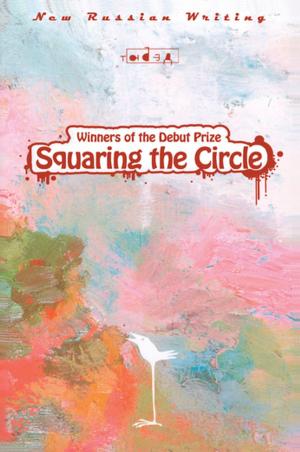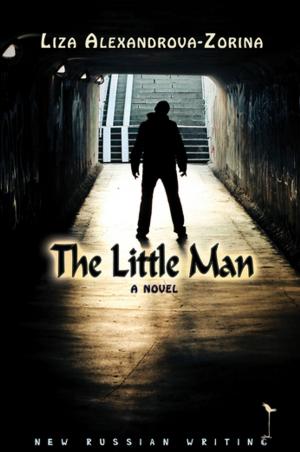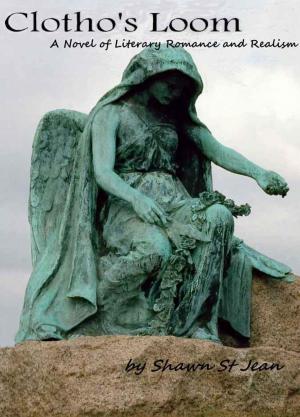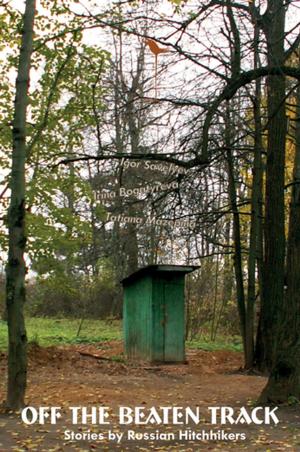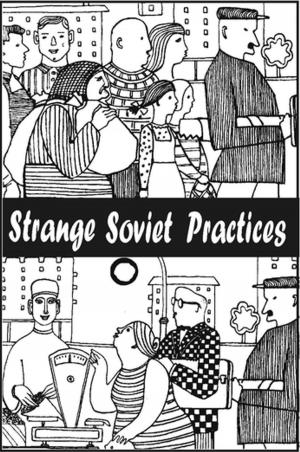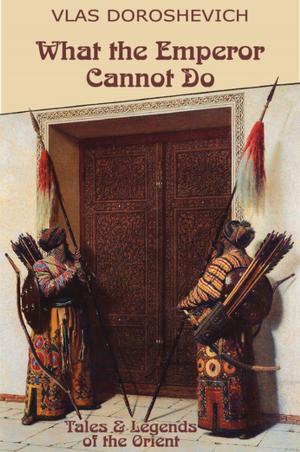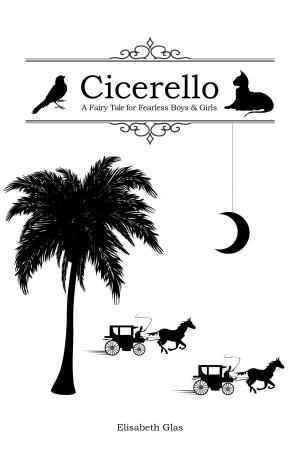The Scared Generation
The Manhunt + The Old Arbat
Nonfiction, Reference & Language, Foreign Languages, Russian, Fiction & Literature| Author: | Vasil Bykov | ISBN: | 9785717201339 |
| Publisher: | Glas | Publication: | July 13, 2015 |
| Imprint: | Glas | Language: | English |
| Author: | Vasil Bykov |
| ISBN: | 9785717201339 |
| Publisher: | Glas |
| Publication: | July 13, 2015 |
| Imprint: | Glas |
| Language: | English |
Two short novels by major 20th-century Russian authors. The Old Arbat by Boris Yampolsky examines the inner state of a hunted man, his fears and his loneliness as he wanders around Moscow trying to escape the shadowing KGB. Unlike Dostoevsky’s Raskolnikov, however, Yampolsky’s hero is innocent. Like Yampolsky himself, the hero saw action in World War II, but now, in this late Stalinist atmosphere of witchhunting and political intolerance, he is paralysed by uncontrollable terror. Yet at some point his hopelessness produces an inner freedom which gives the hunted man strength to resist, and a remedy for overcoming fear. In The Manhunt by Vasil Bykov, a dispossessed peasant returns in secret from his Siberian exile to his home village in Belarus. The local Cheka, headed by his own son, is hunting him. As he walks towards his old house he looks back on his whole life. Bykov has always been preoccupied with the problem of retaining humanity in inhuman conditions, and the problem of moral choice versus personal safety. Considering the current situation in Russia and in Belarus, together these novels are more relevant today than ever before.
Two short novels by major 20th-century Russian authors. The Old Arbat by Boris Yampolsky examines the inner state of a hunted man, his fears and his loneliness as he wanders around Moscow trying to escape the shadowing KGB. Unlike Dostoevsky’s Raskolnikov, however, Yampolsky’s hero is innocent. Like Yampolsky himself, the hero saw action in World War II, but now, in this late Stalinist atmosphere of witchhunting and political intolerance, he is paralysed by uncontrollable terror. Yet at some point his hopelessness produces an inner freedom which gives the hunted man strength to resist, and a remedy for overcoming fear. In The Manhunt by Vasil Bykov, a dispossessed peasant returns in secret from his Siberian exile to his home village in Belarus. The local Cheka, headed by his own son, is hunting him. As he walks towards his old house he looks back on his whole life. Bykov has always been preoccupied with the problem of retaining humanity in inhuman conditions, and the problem of moral choice versus personal safety. Considering the current situation in Russia and in Belarus, together these novels are more relevant today than ever before.
